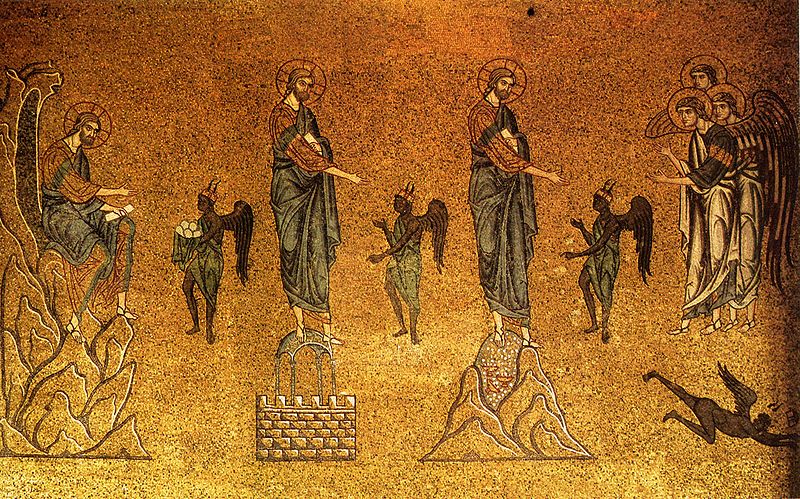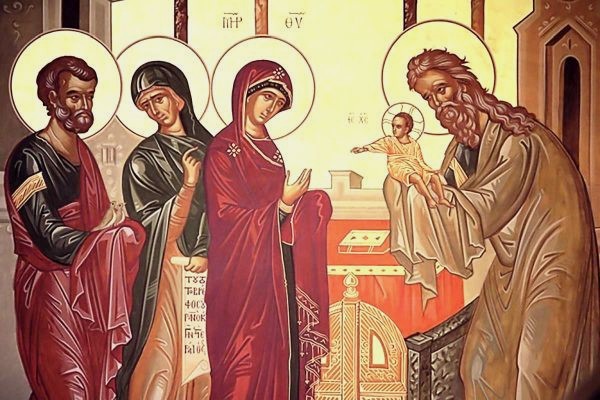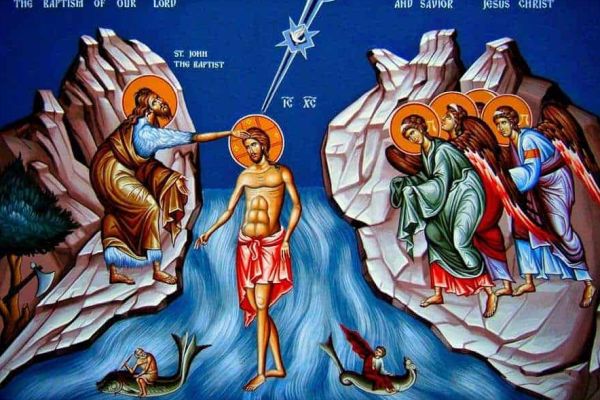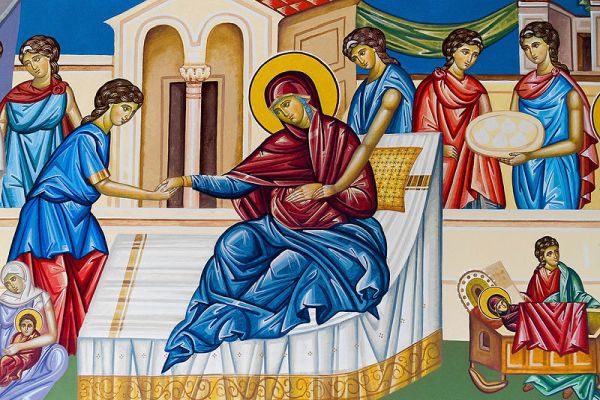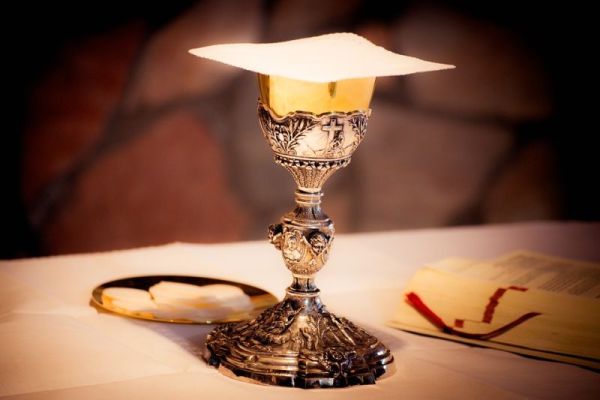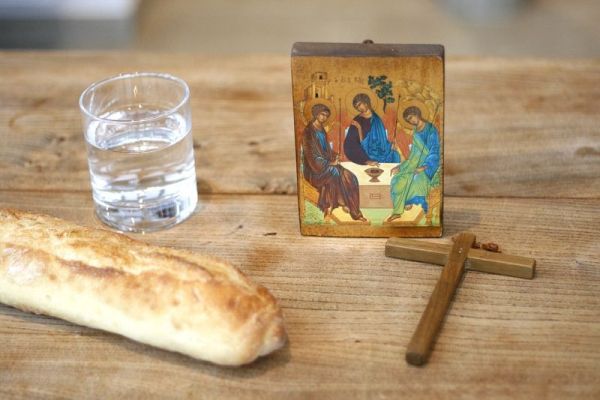Spiritual Disciplines – Fasting
In St. Luke chapter 4, we read the Spirit of God leading Jesus into the wilderness. For 40 days Jesus did not eat anything and afterward when He was hungry, the evil one comes and tempts Jesus to turn the stone into bread. But in reply, Jesus says ‘It is written, “Man does not live by bread alone, but by every word of God.”.
In other words, Jesus was saying that the needs of the body are nothing compared to the needs of the soul. And so when we fast, by reducing the quantity and quality of food we eat, it is reminding us and teaching us to depend on God above all else. Because it is He Who provides everything we need – both for the body and the soul.
In the book of Jonah, we see that God had decided to destroy the city of Nineveh. But the people of Nineveh hearing of the fearful judgement which was to come upon them, decide to humble themselves by fasting and repenting. God sees their actions and changes His mind and spares them from destruction. Therefore, fasting is also considered as a form of humbling oneself before God in order to seek His mercy.
The Blessing of Fasting
Apart from the above examples, we see many more examples of fasting and how it helped the faithful of God, which are found in the prayers of Great Lent. Here are some of them.
1. Moses, the head of the prophets, observed the fast for forty days and became worthy to see God face-to-face and bringing down the commandments written on the tablets of stone. Exodus 34: 28
2. Elijah, observed the forty-days-fast, reached the glorious perfection, and became worthy to communicate directly with God. I Kings 19: 8
3. Daniel, and his saintly companions who fasted, were made wiser than anyone else at their very young age. Though they denounced the commands of the cruel king, they were saved from death. Dan 1: 16
And as already mentioned earlier…
4. Our Lord, the Lord of the prophets, observed the forty-days-fast Himself and defeated the devil, and taught us that, those who observe the forty-days-fast in purity and holiness could defeat the enemy.
5. The fast helped the Ninevites and saved them from their punishment. Their tears showered like rain, causing seeds of repentance to sprout and healing the wounds of their iniquities. They gathered the sheaves of blessings and through their repentance, they also gathered the seeds of holiness.
So, we have seen examples of fasting and the blessing which accompanies it. Now let us see how practically we can follow fasting in our lives and families.
How to Fast
The church in her wisdom has given some prescribed ways for us to fast. This is so that we don’t have to wonder what to do and make up rules for ourselves, but rather just follow the faith and practices handed down to us.
A. FASTING FROM FOOD:
i. Fasting mealtimes: For those who can, fast one or more mealtimes every day during the season. But this extra time gained is to be spent in prayer.
ii. Avoid meat during this season in general.
iii. Exceptions to fasting are permitted, especially in the case of the elderly, pregnant and nursing mothers, small children, and those who are weak or sick.
B. FAST IN EVERY ‘SENSE’ – from seeing, hearing and doing evil.
Fasting is not for the stomach alone. The other members of the body also need to fast: our eyes from seeing evil, our ears from hearing evil, our limbs from participating in anything that is not of God. Most important of all, we need to control our thoughts, for thoughts are the source of our actions, whether good or evil.
i. Limit all forms of entertainment that rob us of our time and take our attention away from God – TV, Social media, computer games, chit chat with friends etc.
ii. Instead use that TIME and
a. Go to church for Lenten services
b. Read the Bible: Read that day’s scripture portions
c. Read Books of the Bible you have not read
d. Read our church books – those of Hon. Metropolitan
e. Help someone else – either in your family, neighbourhood or parish.
Please keep the following in mind:
• If you are new to fasting, begin by doing faithfully do as much as you are able during the Lenten period. Don’t overdo things.
• In Isaiah 58:7, we see that the fast that pleases God is where we take care of the needs of the poor and oppressed. Unless we share with those in need around us, our fasting will never be pleasing to God. The money saved by fasting from food, should be used to help the someone else in greater need than you.
Fasting must be accompanied with prayer: Remember that fasting is more than simply abstaining from certain foods. Don’t think that simply by avoiding to eat certain kinds of food, you are following Lent! The Church Fathers have referred to fasting without prayer as “the fast of the demons” since the demons do not eat as they lack physical bodies, but neither do they pray. During the Great Lent, we are called to intensify our prayers and spiritual exercises, along with our Fast. So during the season of Great Lent, we must pay closer attention to our private prayer life.
May God in His grace and mercy guide us to follow this spiritual discipline and to lead a life pleasing to Him!
